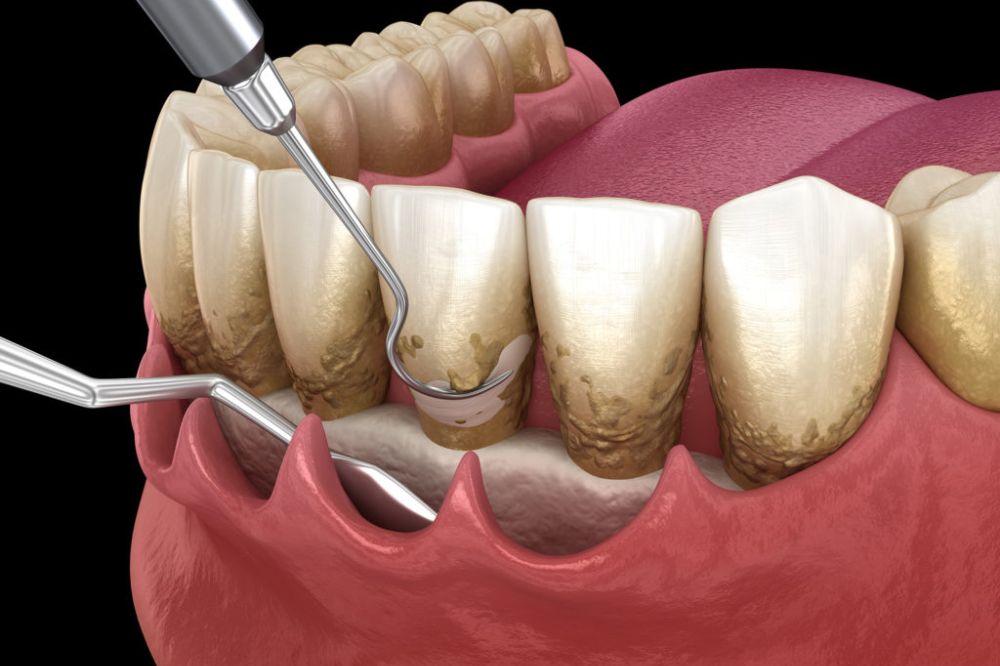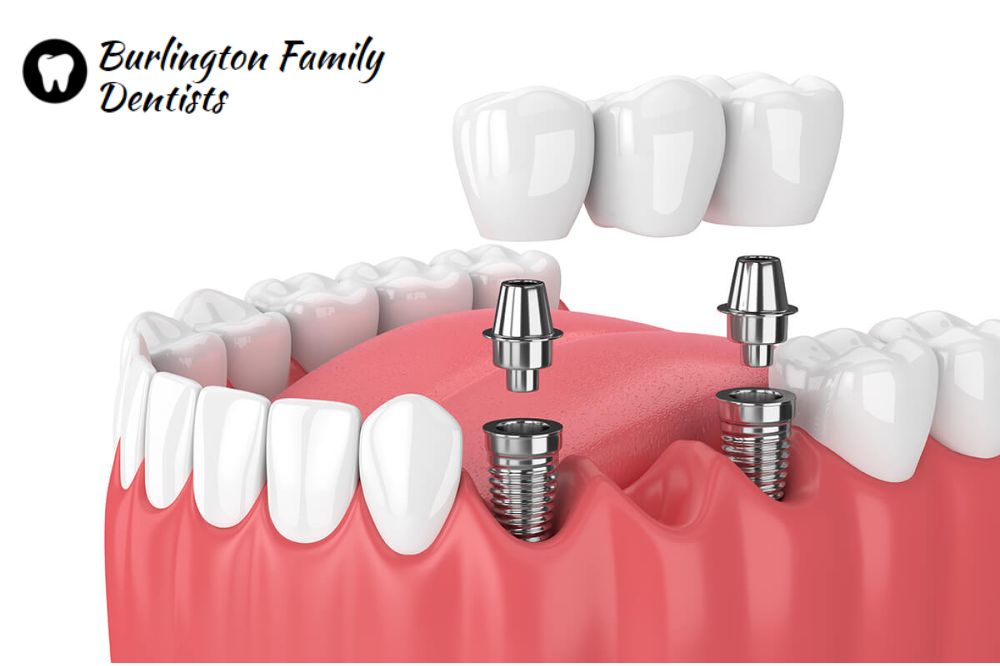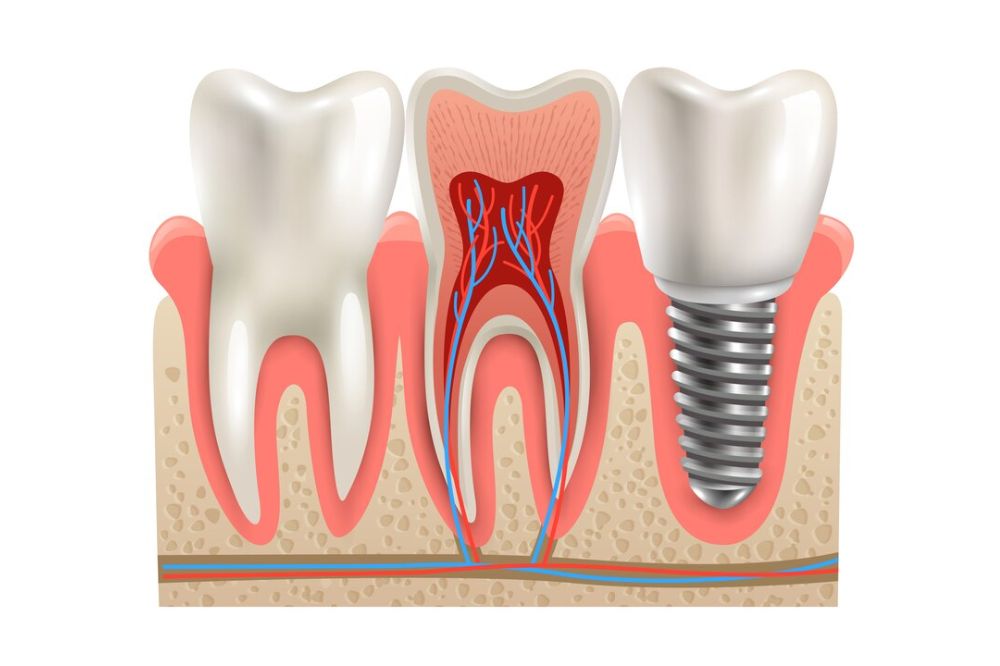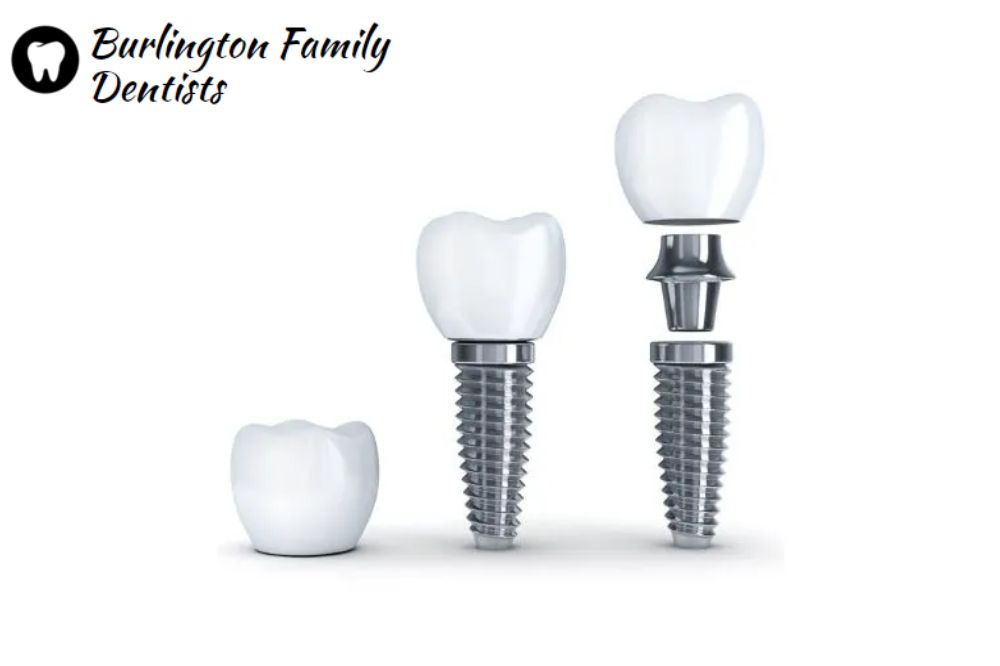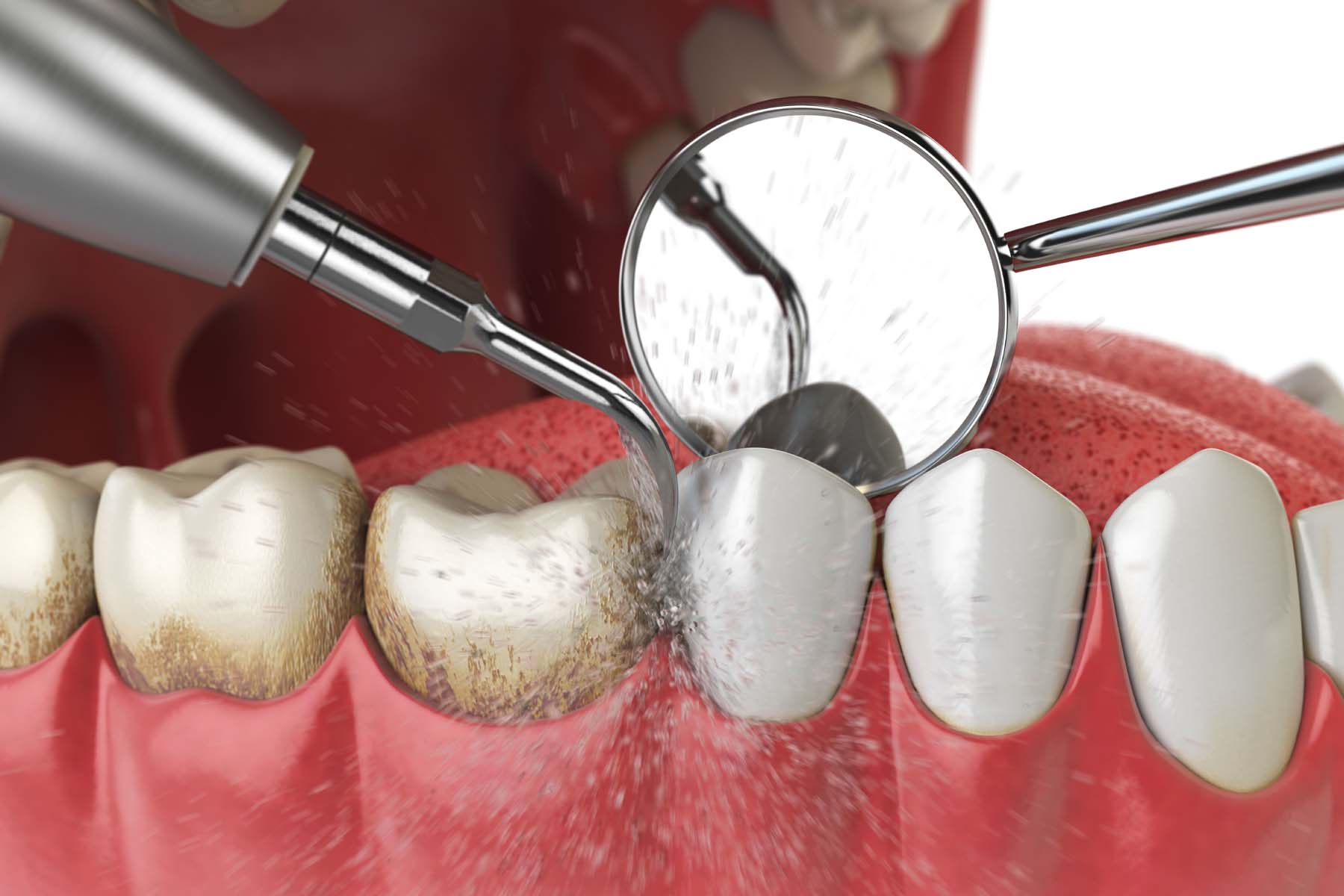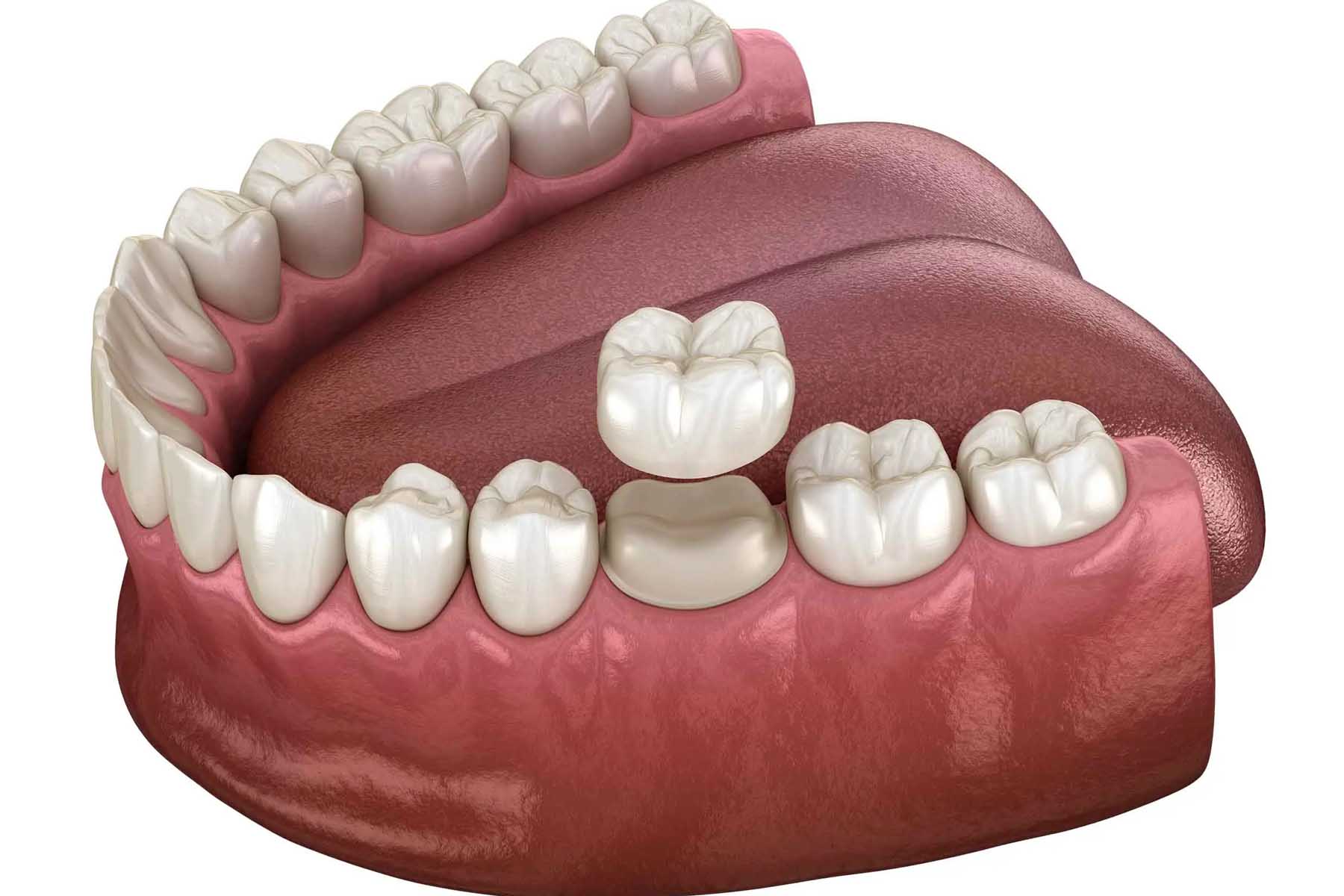Periodontal disease, or gum disease often goes unnoticed most of the time, but causes severe damage to the teeth and gums. It begins as gingivitis, which is an initial and comparatively mild form, but can deepen into a more serious state called periodontitis.
If left untreated, periodontitis can lead to tooth loss and significantly impact overall health. So, how long can you keep your teeth if you have periodontal disease? The answer largely depends on early diagnosis, treatment, and ongoing care.
If you are based at Burlington and searching for a periodontist near you or need guidance on managing gum health, this guide is for you.
What Is Periodontal Disease?
Periodontal disease is an infection and inflammation of the gums, ligaments, and bones that support your teeth. It begins as gingivitis, where gums appear red, swollen, and prone to bleeding. Without intervention, it can develop into periodontitis, causing irreversible damage to the structures that hold your teeth in place.
Stages of Periodontal Disease
1. Gingivitis
- Mild inflammation of gums.
- Bleeding gums during brushing or flossing.
2. Slight Periodontitis
- Plaque spreads below the gum line.
- Bone and tissue damage begins.
3. Moderate Periodontitis
- Increased bone loss and deeper gum pockets.
4. Advanced Periodontitis
- Severe bone destruction and tooth mobility.
- High risk of tooth loss.
Gum Disease Signs: When to Take Action
Recognizing the symptoms of gum disease early is critical to preserving your teeth. Common signs include:
- Bleeding gums during brushing or eating (bleeding gums treatment may be required).
- Persistent bad breath.
- Swollen or receding gums, making teeth appear longer.
- Pus around the gum line.
- Loose or shifting teeth.
If you notice these symptoms, visiting a dentist near you promptly can make all the difference.
Can Periodontitis Kill You?
While periodontitis itself isn’t fatal, the chronic inflammation it causes can have serious implications for overall health. Studies have linked untreated gum disease to systemic health issues, including:
- Cardiovascular Disease: Inflammation from gum infections can increase the risk of heart attacks and strokes.
- Diabetes: Periodontitis can make blood sugar levels harder to control, creating a dangerous cycle.
- Respiratory Complications: Bacteria from gum infections can travel to the lungs, causing pneumonia and other respiratory issues.
Taking proactive steps to treat gum disease not only protects your oral health but also your overall well-being.
How to Treat Periodontal Disease
The treatment for periodontal disease varies based on its severity. Early intervention is key to preserving teeth and gums.
Non-Surgical Treatments
1. Scaling and Root Planing:
This deep-cleaning procedure removes plaque and tartar below the gum line.
2. Antibiotics:
Local or systemic antibiotics may be used to control infection and inflammation.
Surgical Interventions
1. Flap Surgery:
Gums are lifted to clean deep pockets and repositioned to reduce pocket depth.
2. Bone or Tissue Grafts:
Lost bone or gum tissue is replaced to stabilize teeth and improve function.
For advanced cases, periodontal surgery in Burlington might be necessary to restore oral health and extend the longevity of your teeth.
Living With Periodontitis: How Long Can You Keep Your Teeth?
With proper treatment and consistent care, many people with periodontitis can keep their teeth for a lifetime.
However, this depends on:
- Severity at Diagnosis: Early detection improves outcomes significantly.
- Treatment Plan Adherence: Following your dentist’s recommendations is crucial.
- Oral Hygiene Practices: Daily brushing, flossing, and using mouthwash reduce plaque buildup.
Ignoring periodontal disease increases the risk of tooth loss. However, visiting a dental clinic near you can help you maintain your smile for years to come.
Gum Diseases and Their Impact on Life Quality
Living with gum disease can affect more than just your teeth. It can lead to discomfort while eating, low self-esteem from tooth loss, and long-term health complications. Addressing it early ensures better dental and systemic health.
Preventive Measures for Long-Term Gum Health
-
Good Oral Hygiene
- Brush twice daily using fluoride toothpaste.
- Floss regularly to remove plaque between teeth.
- Rinse with an antimicrobial mouthwash to kill bacteria.
-
Regular Dental Checkups
Routine visits to a dentist in Burlington can help detect and manage gum disease early. Professional cleanings remove tartar that daily brushing cannot.
-
Lifestyle Changes
- Quit smoking, as it worsens gum disease.
- Maintain a balanced diet to support gum health.
- Manage underlying conditions like diabetes for better control of gum inflammation.
Effective Treatments for Bleeding Gums
Bleeding gums can often be an early sign of gum disease. Seeking bleeding gums treatment early prevents it from progressing into a more severe condition. Scaling, polishing, and maintaining excellent oral hygiene are essential for recovery. Approach Burlington Family Dentists – one of the leading dentist in Burlington providing comprehensive gum disease treatments to help you preserve your natural smile.
Call Burlington Family Dentists Today!
At Burlington Family Dentists, we specialize in personalized gum disease care, from preventive measures to advanced treatments like periodontal surgery. Our experienced team ensures that every visit is comfortable and effective.
Don’t let gum disease compromise your smile and health. Schedule your consultation today with a us today and let us help you take the first step toward a healthier, brighter smile.

